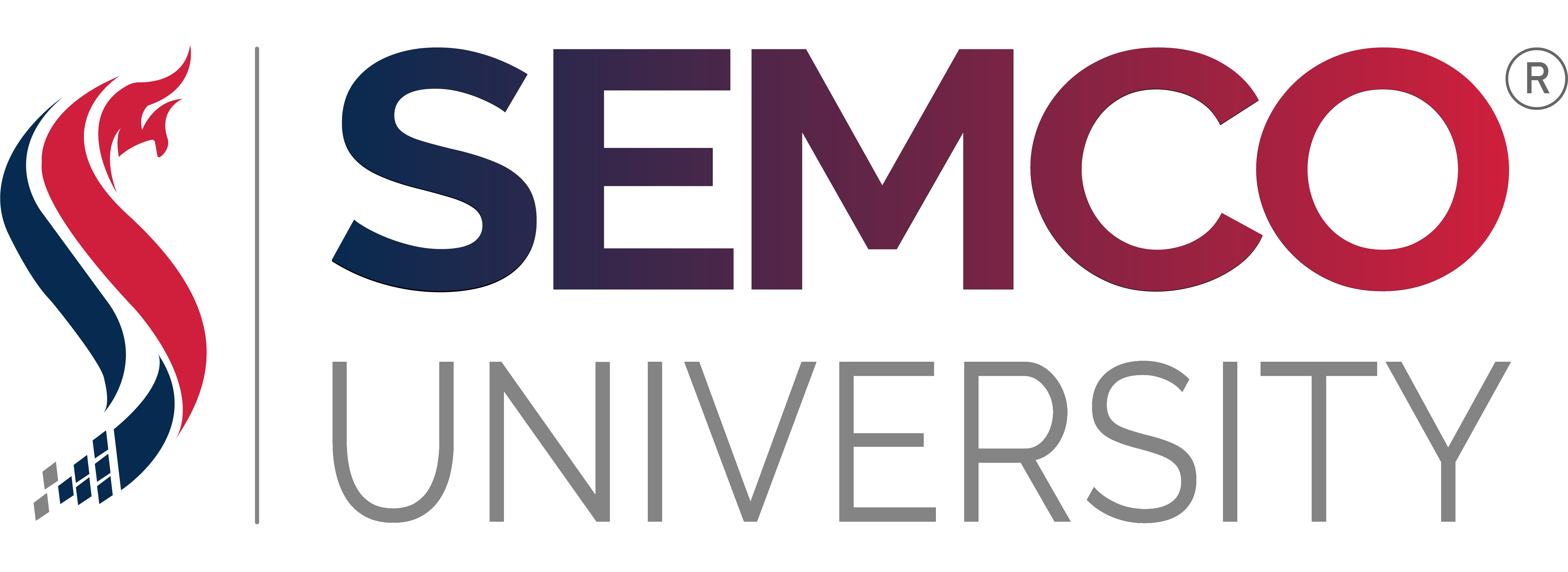Electric cars are becoming increasingly popular, and as a result, there has been a rise in the number of electric car charging stations. However, not all electric car charging stations are created equal, and there are a variety of different standards and protocols that are used to charge electric vehicles. In this article, we will explore the different standards that are used for electric car charging stations.

Level 1 Charging
Level 1 charging is the slowest type of electric car charging and typically involves plugging the vehicle into a standard household outlet. Level 1 charging can take up to 24 hours to fully charge an electric car, making it best suited for vehicles with smaller batteries that require less charging time. Level 1 charging typically delivers a maximum of 120 volts and 15 amps of power, which can deliver up to 1.4 kW of power.
Level 2 Charging
Level 2 charging is the most common type of electric car charging and typically involves the installation of a dedicated electric car charging station. Level 2 charging can deliver up to 240 volts and 30 amps of power, which can deliver up to 7.2 kW of power. Level 2 charging can fully charge an electric car in as little as 4 hours, making it ideal for drivers who need to charge their vehicles quickly.
There are several different standards for Level 2 charging, including the following:
SAE J1772: This standard is used primarily in North America and is supported by most electric car manufacturers. The SAE J1772 standard uses a 5-pin connector and can deliver up to 80 amps of power.
IEC 61851: This standard is used primarily in Europe and is supported by most electric car manufacturers. The IEC 61851 standard uses a Type 2 connector and can deliver up to 63 amps of power.
CHAdeMO: This standard is used primarily in Japan and is supported by some electric car manufacturers. The CHAdeMO standard uses a unique connector and can deliver up to 125 amps of power.
Tesla Supercharger: This standard is used exclusively by Tesla and can deliver up to 150 kW of power. Tesla Superchargers use a proprietary connector that is not compatible with other electric cars.
CCS Charging Standard: The prevalent Level 2 charging standard for electric vehicles is the CCS (Combined Charging System) protocol in India, which is an internationally recognized standard for electric vehicle charging. The CCS protocol is used by several automakers, including Tata Motors, Mahindra Electric, and MG Motors, to name a few. The CCS protocol offers Level 2 AC charging capabilities with a maximum power output of up to 22 kW, which can charge an electric vehicle’s battery from 0 to 80% in about an hour, depending on the vehicle’s battery size and capacity.

Level 3 Charging
Level 3 charging, also known as DC fast charging, is the fastest type of electric car charging and can deliver up to 350 kW of power. Level 3 charging typically involves the use of a high-powered charging station that can charge an electric car in as little as 20 minutes. However, Level 3 charging is not widely available and is typically only found at select charging stations.
There are several different standards for Level 3 charging, including the following:
CCS (Combined Charging System): This standard is used by most electric car manufacturers and combines Level 2 and Level 3 charging capabilities into a single connector. The CCS standard can deliver up to 350 kW of power.
CHAdeMO: In addition to Level 2 charging, CHAdeMO also supports Level 3 charging and can deliver up to 200 kW of power.

In conclusion, there are several different standards for electric car charging stations, and it’s important to know which standard is supported by your electric car before choosing a charging station. Level 2 charging is the most common type of electric car charging and is supported by most electric car manufacturers. Level 3 charging is the fastest type of electric car charging but is not widely available and is typically only found at select charging stations. By understanding the different standards for electric car charging stations, you can ensure that you can charge your electric car quickly and efficiently wherever you go.
About Semco – Semco University is an educational website that is catering to the needs of students and researchers. Offering information on Lithium-ion batteries. The resources and content are compiled from various sources including manufacturers, test labs, crowdsourcing, etc. Our motto is to provide a viable resource for companies, students, and enthusiasts interested in participating in the Li-ion Battery industry. Our initiative is to make people aware of the benefits, and opportunities of the revolutionary Lithium Batteries for multiple applications.
For More Updates Follow Us
WhatsApp – Facebook – Instagram – Twitter – LinkedIn – YouTube


